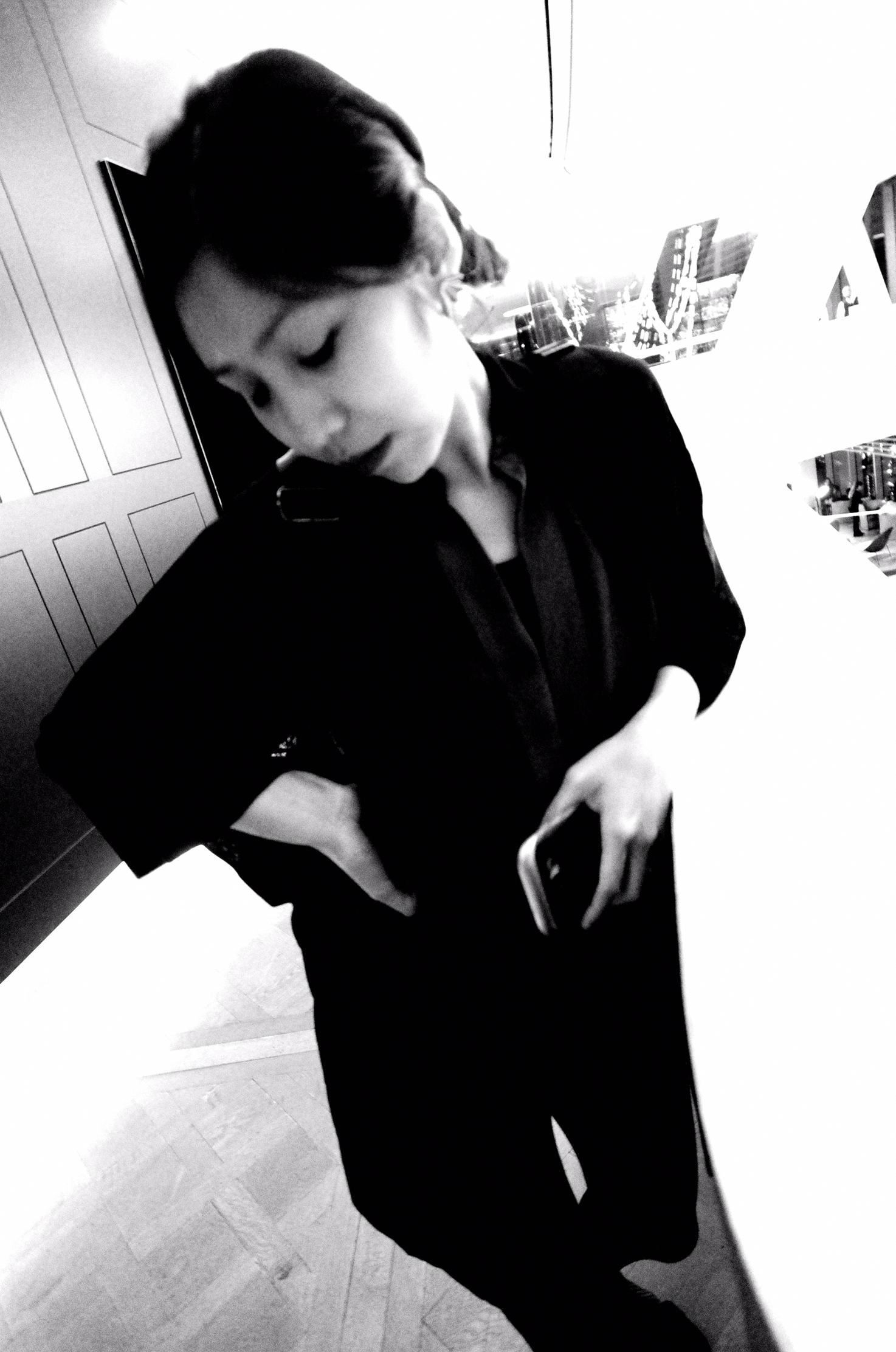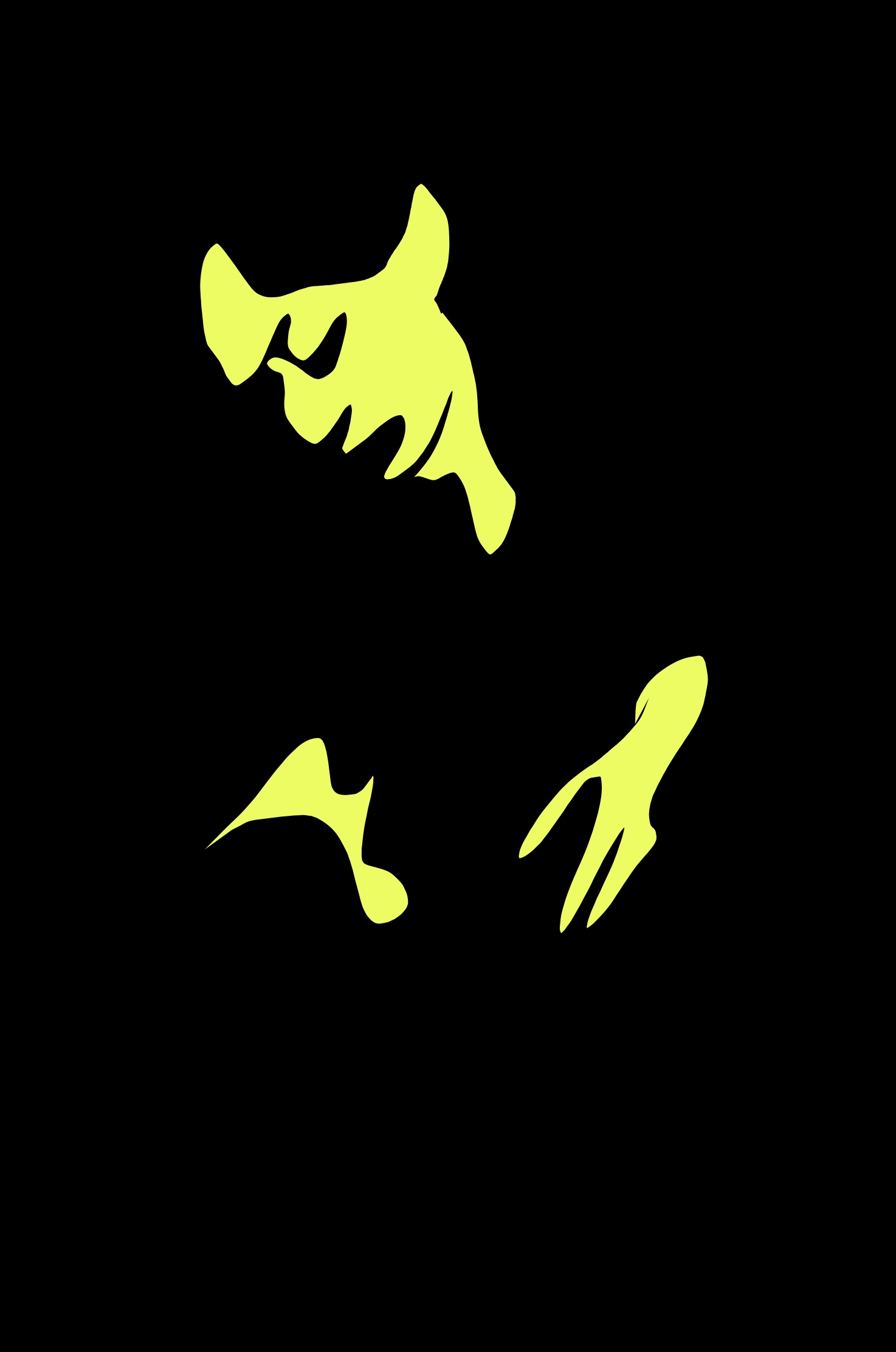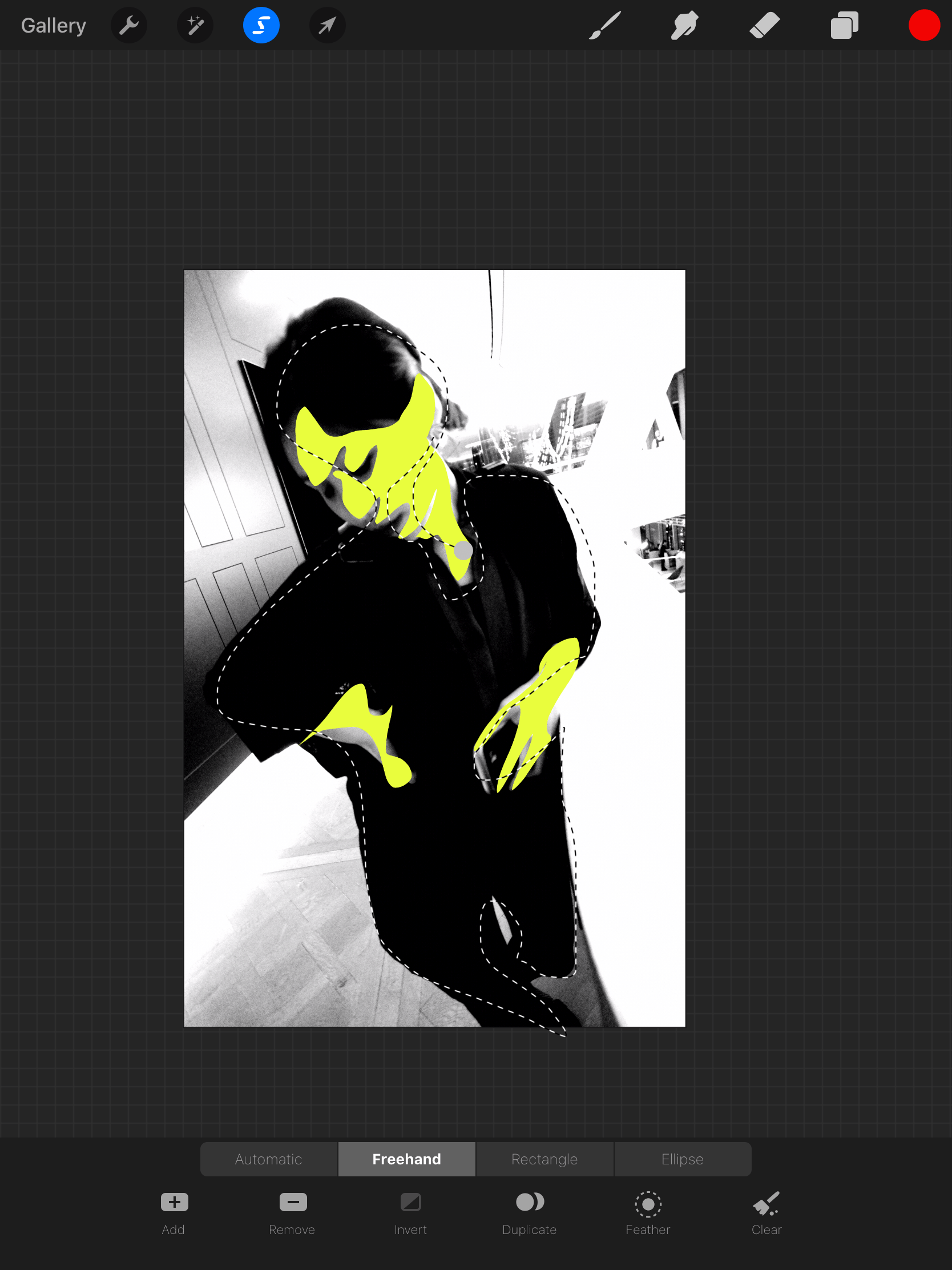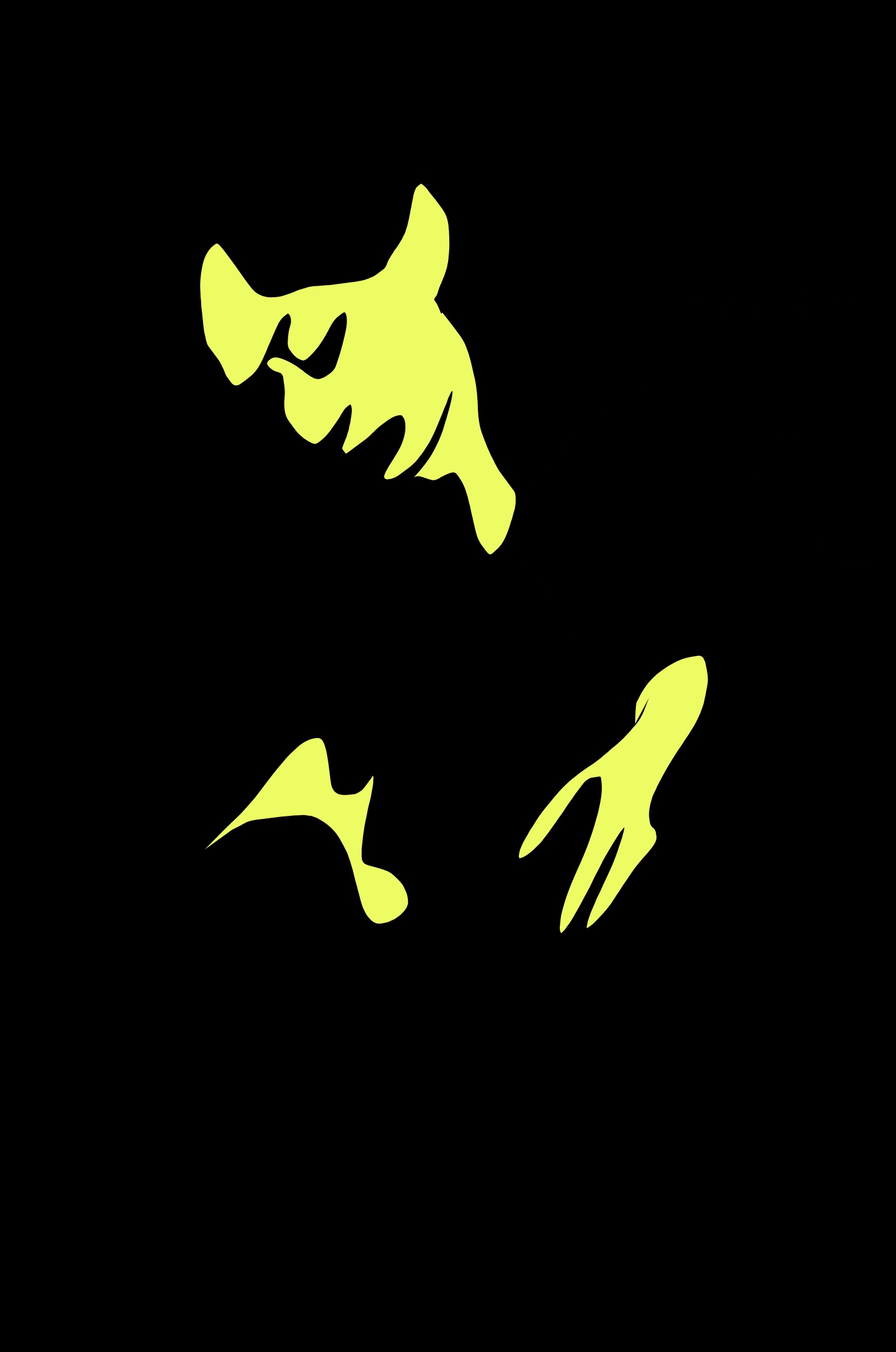What is the root cause of depression? Why do we feel depressed some days, and uplifted other days? Does depression manifest differently in different people?
Is the word “depression” even useful? Let me essay some of my thoughts:
The problem with words

When I feel a certain way and I’m searching for a word to describe my inner condition; this is flawed. How do I dictate which word to use?
For example, the words:
- Anxiety
- Depression
- Lowered mood
- Tired
- Weak
- Sad
- Etc.
But I think words are vulgar. Words cannot describe accurately a physiological-physical-mental inner condition.

Also, there is the issue of communication. It seems quite impossible to describe how you truly feel to someone else. It’s like playing telephone with tin cans and twine.
- It is very difficult to determine and ascertain how you feel.
- The inaccuracy of attaching words to your emotions.
- When you tell others how you feel, the way they interpret the word and the way you interpret the word as different.
- Miscommunication with others. Your words are moralized, based on your life experiences, your culture, how you were raised, your lexical prowess (your vocabulary).
Depression as physiological

















If you feel depressed, it isn’t your “fault” that you’re feeling depressed. Better to ask:
What is the cause of my depression?
My theory is that the emotion and mental feeling of depression as a signal of some sort of physiological or physical weakness or disadvantage in your body.
Where does the feeling of “depression” arise from? We think it is the mind; but the mind is a fiction. The mind is simply a reflection of our body. More truth in the body than the mind.
Feeling depressed as a sign of health?


Another theory:
When you feel depressed, your body is signaling to you that there is something wrong. Thus, your body is telling you to change something.
Thus, depression is a barometer of your bodily health. If your body has the ability to signal to you that you feel depressed, perhaps it is a sign of your bodily health.
Then to feel “better”, you must experiment with yourself to modify the conditions of your life or day, in order to feel more empowered.

Not blame, change.



Don’t blame yourself or anyone else. Just change. Change things — change your activity, change your environment, change your diet — change something.
Keep changing for the better — this seems to be a good path.
Is the goal of life to be in a perpetually good mood?

I don’t think so. My thought —
The goal is to constantly have energy and vigor, in order to act, create, and attempt epic things.
For example, often when I’m in a bad mood, or angry — I still have much bodily vigor and strength. And a realization:
If I have the option, I’d rather be angry and strong than to be depressed and weak/unmotivated.

What is the point of moods?





Is there a pragmatic purpose of moods? Why do we even have moods?
Mood as a reflection of our strength. When we are in a good mood, we feel healthy, strong, lively, and overflowing with inner wealth. Perhaps a bad mood is the feeling of being enslaved, no control in your life, or a sign of weakness.







Solutions





- Sleep 8-12 hours: Often when we feel weak, we are massively sleep deprived. Sleep with ear plugs and eye mask. If you wake up, do you feel reinvigorated? If not, perhaps lack of sleep is the problem.
- If you’ve slept enough, but you still feel lethargic and depressed, do you just need some strong coffee? Drink some (uncut) cold brew, and see if this improves your mood.
- Had enough sleep, a good coffee buzz, and still feel shitty? Maybe go to the gym and lift some weights, go downtown and shoot street photography, go on a hike or walk — do something physically active. Listen to some music or even dance.
- Create some art work: make some music, make photos, make images, make drawings, make poetry — make something! I’m happiest and most empowered when I am actively making things.
- Change your environment: Go to a new bar, restaurant, coffee shop, see a new landscape, go on a drive. All change is good change.
- Writing as a form of self reflection. Go into a hot bath or sauna to think and reflect.
- Don’t blame yourself for your emotions. Simply strive to understand yourself, then experiment changing certain variables in your life to feel stronger.


Why have a good mood?

Let us assume that being in a good mood is beneficial— but for what?




Generally speaking when I’m in a good mood, I am more prolific with my art creation. When I’m in a good mood, I write more, think more, create more, make poetry, and share more thanksgiving for life. I publish more to this blog when I’m in a good mood. Thus it seems my good mood is essential to help others, considering this blog is of positive utility to many individuals.
Thus in this sense, it seems that your good mood is of positive utility for everyone. This means focus on maximizing your mood in order to help others. The supreme form of altruism comes from your own self-focus on yourself.








































